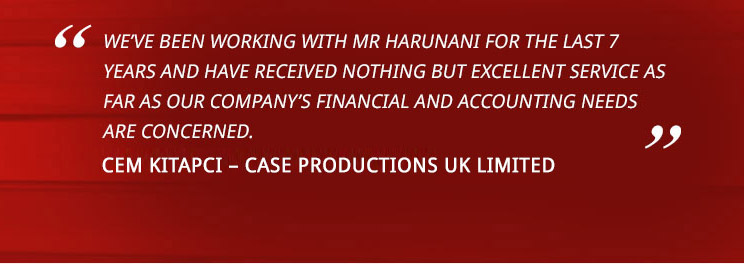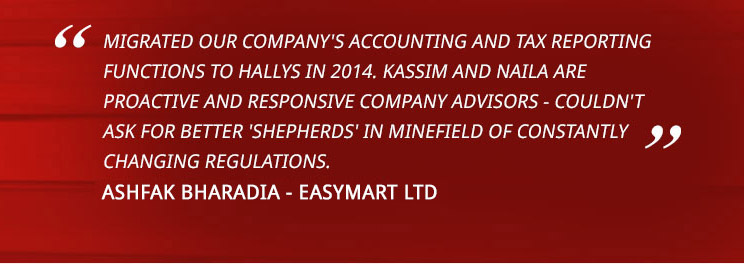Starting up your own business may be the dream, but is it right for you? We look at some of the pros and cons of going it alone.
Making a change
Self-employment and traditional employment have their benefits and drawbacks. Choosing between them requires careful consideration of individual circumstances and preferences, including financial implications. Taxation plays a significant role in determining the pros and cons of being self-employed or employed.
Pros of self-employment
- Flexibility: Self-employment offers more control over work schedules and workload, allowing for a better work-life balance. Self-employed individuals can choose to work on a project-by-project basis or set their hours to fit personal needs, making it easier to attend to family and personal commitments.
- Unlimited earning potential: Unlike traditional employment, self-employment has no fixed salary, which means that earnings are directly related to the amount of work done. Self-employed individuals have an unlimited earning potential, which can significantly increase income over time.
- Tax benefits: Self-employed individuals have access to a range of tax benefits that are not available to traditional employees. For example, self-employed individuals can deduct business expenses from their tax bill, such as equipment, travel, and office space. Self-employed individuals can also claim capital allowances on certain assets, reducing their taxable income.
Cons of self-employment
- Financial instability: Self-employment is typically more volatile than traditional employment, with irregular income and cash flow. This can make budgeting and financial planning more challenging, particularly during the early stages of starting a business.
- Responsibility: Self-employed individuals are solely responsible for the success or failure of their business. This requires a level of risk-taking and entrepreneurial skill that may not be suitable for everyone. It also means that there is no safety net if things go wrong.
- Taxation: Self-employment can also have higher tax obligations than traditional employment. Self-employed individuals must pay both income tax and National Insurance contributions on their earnings. In addition, self-employed individuals may be required to register for VAT if their turnover exceeds £85,000.
Pros of traditional employment
- Financial stability: Traditional employment provides a stable income, with regular pay, benefits and job security. This can make it easier to plan and budget for personal and family expenses.
- Employee benefits: Traditional employees typically have access to a range of benefits, such as sick pay, holiday pay and pensions, which are not available to self-employed individuals. These benefits can significantly enhance the financial well-being of employees.
- Reduced tax obligations: Traditional employees have lower tax obligations than self-employed individuals, as employers are responsible for paying a portion of National Insurance contributions on behalf of their employees.
Cons of traditional employment
- Limited earning potential: Traditional employment typically has a fixed salary or wage, which means that earnings are limited. There is less opportunity for rapid income growth than self-employment.
- Less flexibility: Traditional employment generally requires employees to work set hours and adhere to strict schedules, reducing the flexibility to attend to personal and family commitments.
- Limited control: Traditional employees have limited control over their job responsibilities and career trajectory, which can be frustrating for those seeking autonomy and career growth.
The decision to become self-employed or seek traditional employment depends on individual preferences, circumstances and financial goals. While self-employment offers more flexibility, unlimited earning potential and tax benefits, it also carries financial instability, responsibility and higher tax obligations. Traditional employment, on the other hand, offers financial stability, employee benefits and reduced tax obligations, but comes with limited earning potential, less flexibility and limited control over job responsibilities and career growth.
If you are thinking of going self-employed and would like any advice, give us a call.















